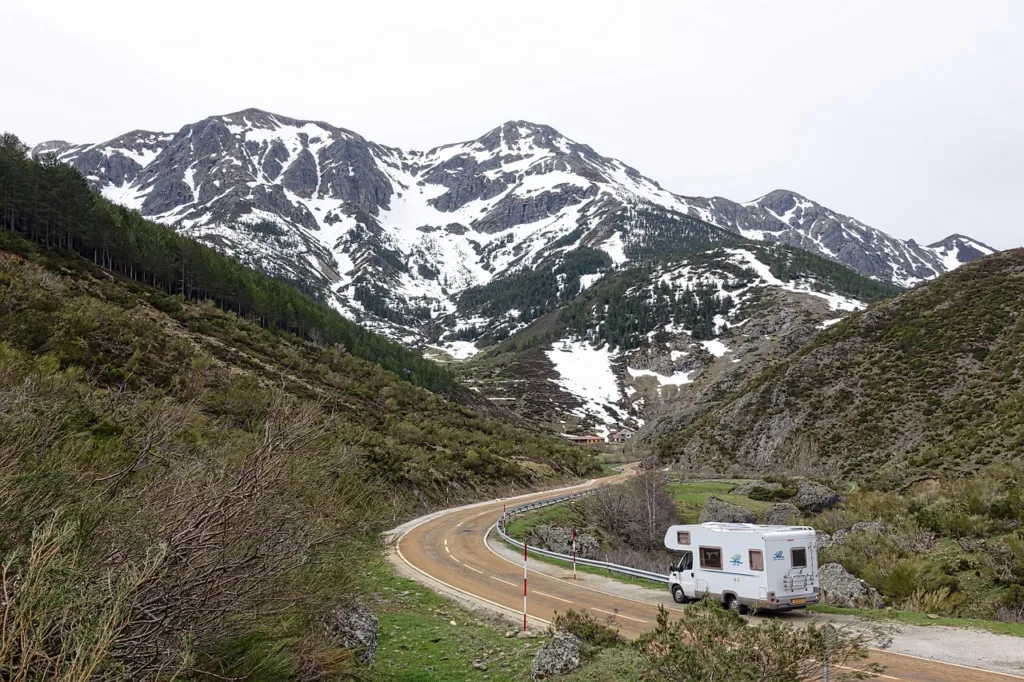
Renting an RV can be an incredible adventure, offering the freedom to explore at your own pace. But if you’re not careful, rookie mistakes can quickly turn your dream vacation into a nightmare. Let’s dive straight into the common pitfalls and how to avoid them.
1. Skipping the Walkthrough
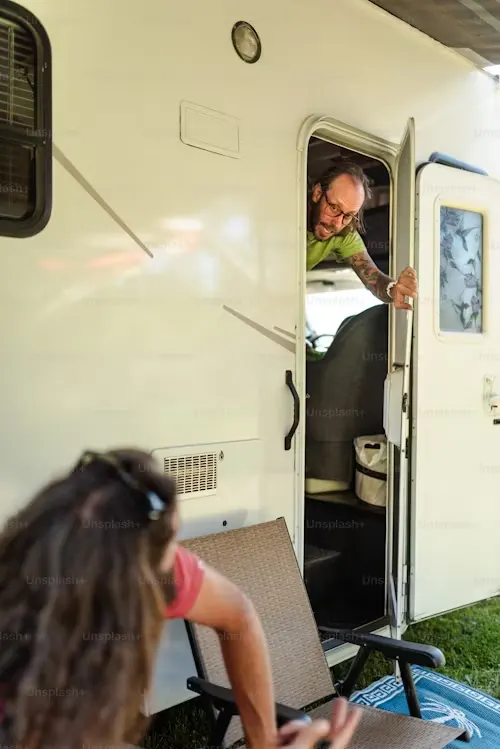
Skipping the walkthrough can be a big mistake. It gets even worse if you find yourself in a tricky situation without knowing how to operate the RV’s systems.
Don’t hesitate to ask questions during the walkthrough. Understand how to use the appliances, manage the water tanks, and operate the electrical systems. Knowing how to handle these basics can save you from potential disasters.
Being prepared is just as important as being adventurous. Taking the time to learn about your RV ensures a smoother, more enjoyable journey, free from unnecessary headaches.
2. Ignoring the Rental Agreement

Ignoring the rental agreement can lead to unexpected problems. It gets even worse if you find yourself responsible for damages or fees you didn’t anticipate.
Don’t skim over the fine print. Understand your responsibilities, coverage, and any restrictions. Knowing the details can prevent costly surprises, like being charged for unauthorized mileage or damage.
Reading the rental agreement thoroughly is as important as planning your route. It ensures you’re fully aware of what’s expected and protected, giving you peace of mind and a smoother trip.
3. Overpacking
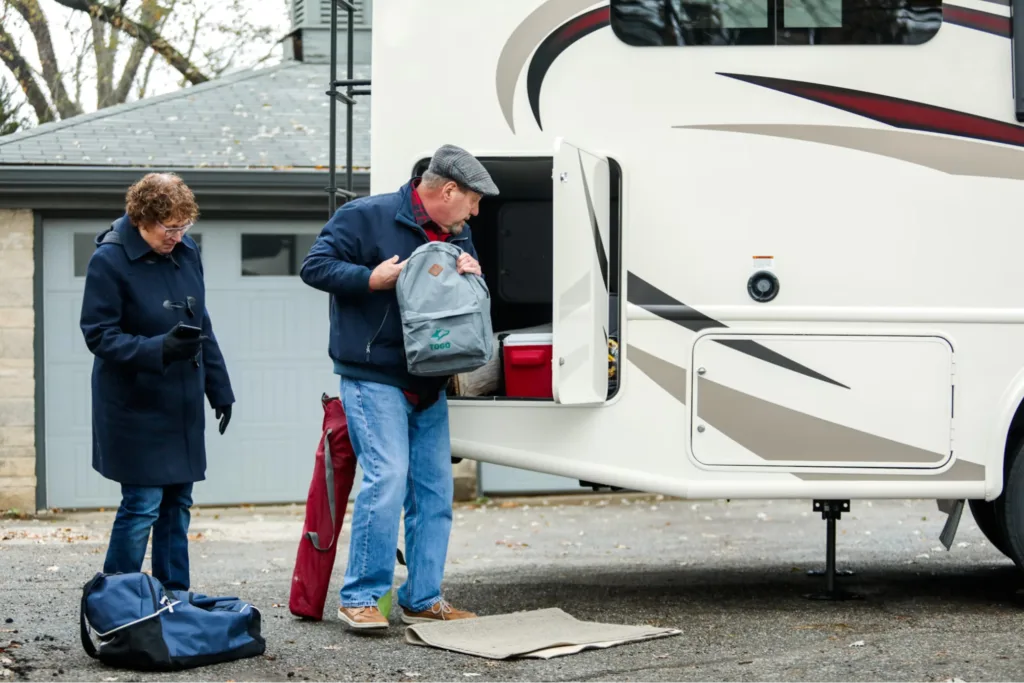
Overpacking can quickly turn your RV trip into a cluttered nightmare. It gets even worse when all that extra weight messes with your fuel efficiency and handling.
Don’t bring everything. Focus on essentials and pack only what you’ll actually use. Overloading your RV not only makes living quarters cramped but can also lead to safety issues like poor weight distribution and increased wear and tear.
Packing light is just as important as planning your route. Stick to the essentials, and enjoy a more comfortable, efficient, and stress-free journey without the clutter.
4. Not Testing Systems

Not testing the RV’s systems before hitting the road can lead to major headaches. It gets even worse when you’re miles away from help and something vital isn’t working.
Don’t skip this crucial step. Test the plumbing, electricity, heating, and cooling systems before you leave. Make sure everything is in working order, and familiarize yourself with basic troubleshooting.
Ensuring all systems are ready to go is essential for a trouble-free trip. It provides peace of mind and helps you avoid unpleasant surprises, allowing you to fully enjoy your adventure.
5. Neglecting Insurance
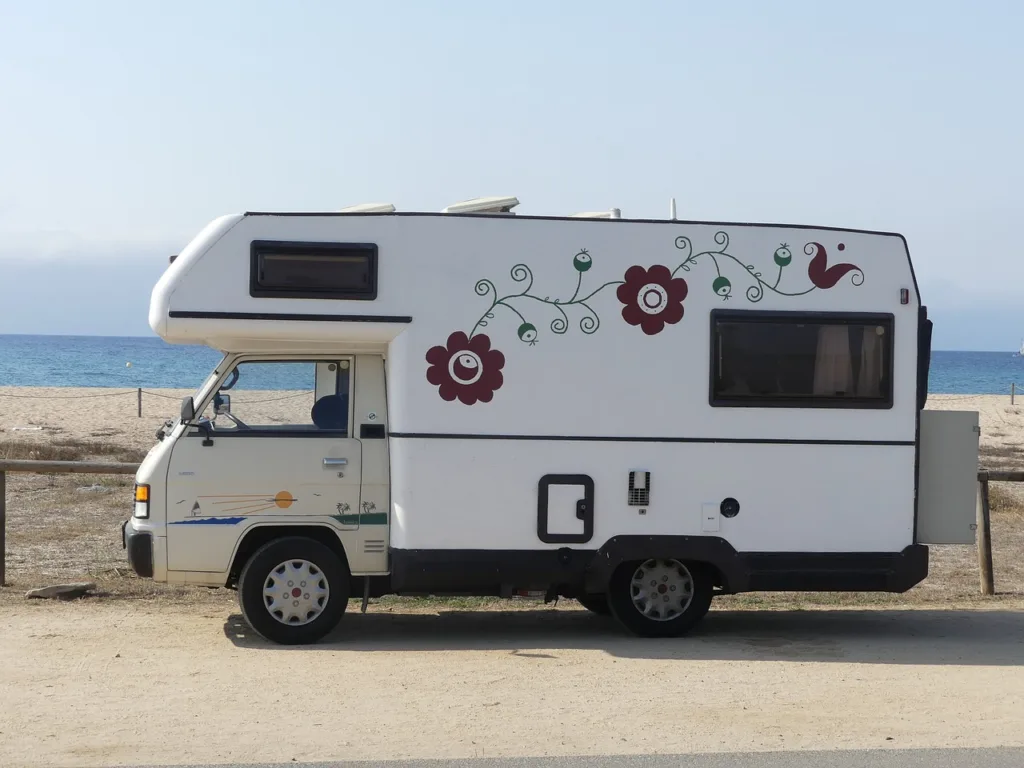
Neglecting insurance can turn a dream trip into a financial disaster. It gets even worse when an unexpected accident or theft occurs, and you’re left to cover the costs.
Don’t overlook the importance of comprehensive coverage. Make sure your rental agreement includes adequate insurance for both the RV and your personal belongings. Consider additional coverage if necessary to protect against all possible scenarios.
Having the right insurance is as crucial as planning your route. It ensures you’re financially protected, giving you peace of mind and allowing you to enjoy your trip without worry.
6. Driving Without Practice

Driving an RV without practice can lead to stressful and dangerous situations. It gets even worse when you’re navigating tight spaces or busy highways without the necessary skills.
Don’t hit the road without getting comfortable behind the wheel. Spend some time practicing in a safe, open area to get a feel for the RV’s size, handling, and blind spots. Learn how to park, turn, and back up smoothly.
Being confident in your driving skills is as important as planning your destination. Practice ensures you’re ready for anything the road throws at you.
7. Misjudging Distances

Misjudging distances can turn your RV adventure into a nightmare. It gets even worse when you find yourself stuck on a narrow road or facing a low bridge that your RV can’t fit under.
Don’t just rely on your standard GPS. Use RV-specific navigation tools that consider your vehicle’s size. Plan your route carefully and always double-check for any potential obstacles.
Getting the distances right is just as important as knowing where you’re headed. Proper planning helps you avoid stressful situations and makes your journey a whole lot smoother and more enjoyable.
8. Not Budgeting for Fuel
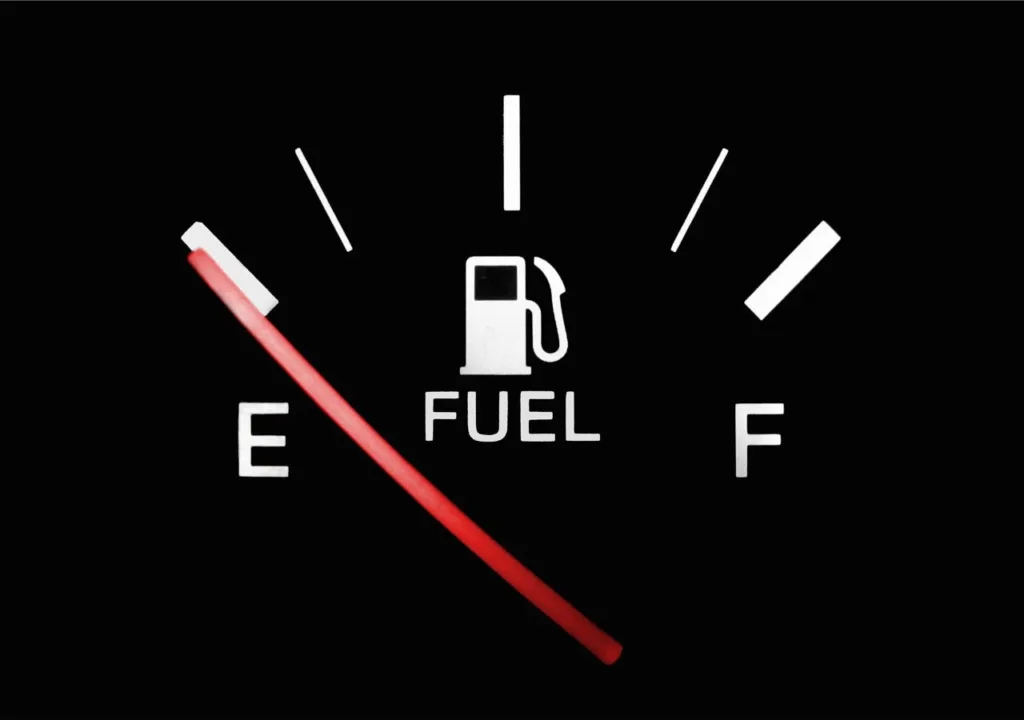
Not budgeting for fuel can catch you off guard during your trip. It gets even worse when you realize how quickly fuel costs can add up, especially for long distances or in remote areas.
Don’t underestimate your fuel expenses. Calculate the expected mileage of your trip and factor in the RV’s fuel consumption. Plan your budget accordingly and set aside extra funds for unexpected detours or price hikes.
Thinking ahead about fuel costs is as important as planning your route. It helps you avoid any nasty surprises and keeps your trip running smoothly and worry-free.
9. Not Planning Stops
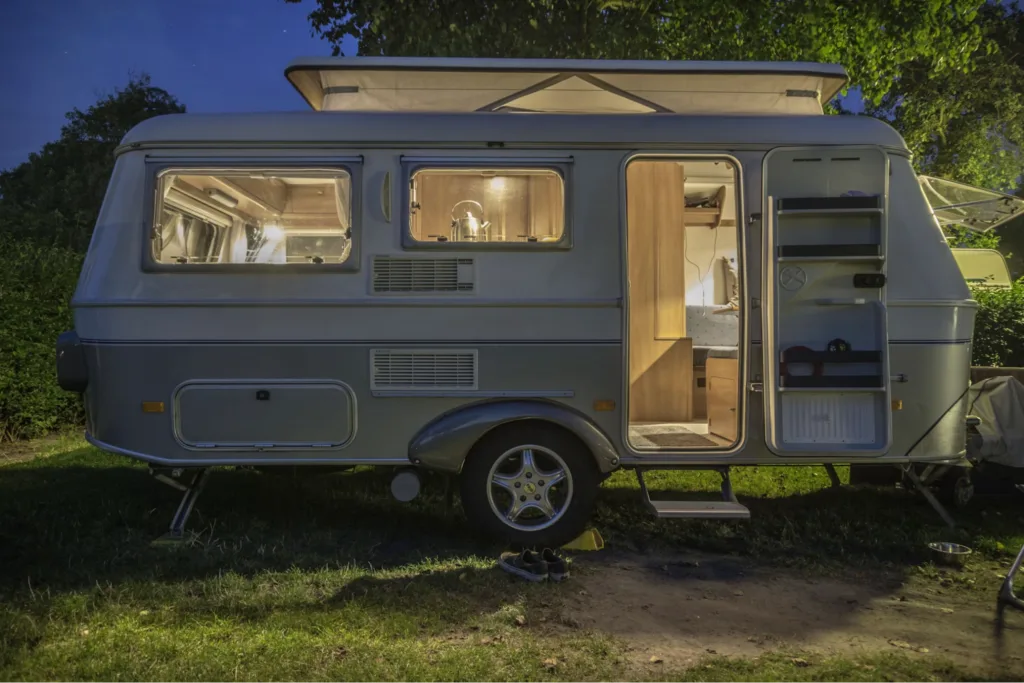
Not planning your stops can lead to unnecessary stress and frustration. It gets even worse when you’re low on fuel or can’t find a suitable place to park overnight.
Don’t leave your stops to chance. Research your route and identify RV-friendly gas stations, rest areas, and campgrounds. Have a few backup options in case your first choice is full or closed.
Planning your stops is as important as planning your route. It ensures you have safe, comfortable places to rest, refuel, and recharge.
10. Overestimating Capabilities
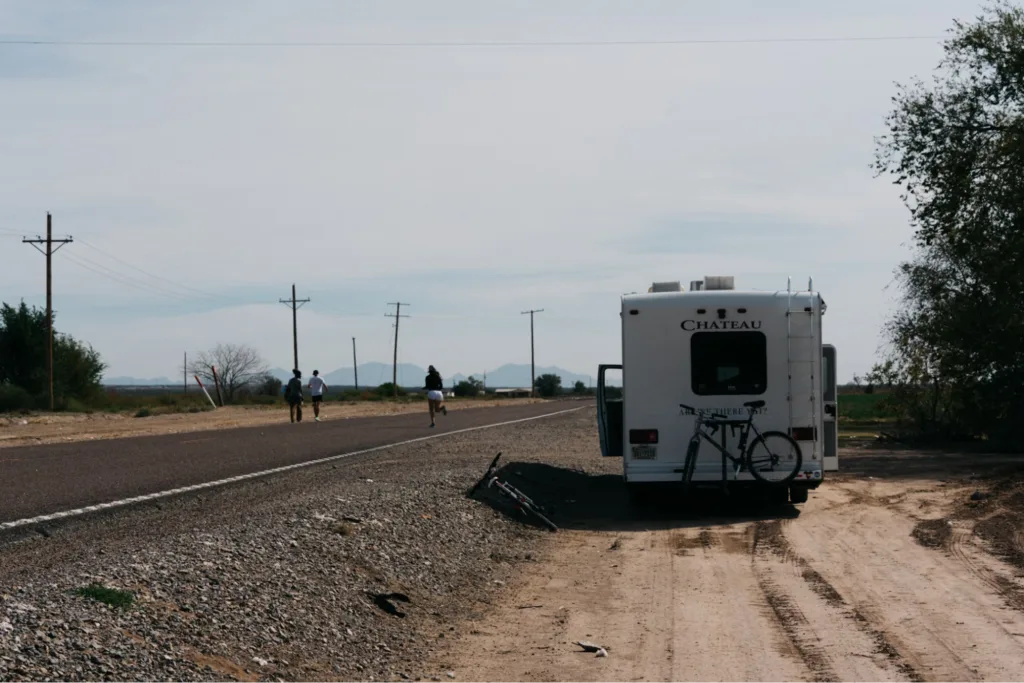
Overestimating your abilities can quickly lead to trouble on the road. It gets even worse when you find yourself tackling tough terrain or driving long hours without realizing your limits.
Don’t push yourself or your RV beyond what you can handle. Be realistic about your driving skills and your RV’s capabilities. Plan for shorter travel days, take regular breaks, and avoid challenging routes that might be beyond your comfort level.
Knowing your limits is as important as knowing your destination. It helps prevent accidents and exhaustion, ensuring a safer, more enjoyable trip for you and your passengers.
11. Forgetting the Essentials

Forgetting essentials can turn your RV trip into a series of inconvenient hassles. It gets even worse when you realize you’re miles from the nearest store.
Don’t leave without a checklist. Make sure to pack all the basics: bedding, kitchen supplies, toiletries, and an emergency kit. However, balance is key—while overpacking can clutter your space, underpacking leaves you without necessities.
Being prepared with the essentials is as important as your route planning. It ensures that you have everything you need for a smooth, stress-free journey, allowing you to fully enjoy your adventure.
Ready for the Road?
Avoiding these common pitfalls ensures your RV adventure is as smooth and enjoyable as possible. From thorough walkthroughs and understanding rental agreements to practicing driving and packing wisely, each step is crucial.
Planning ahead and knowing what to avoid can make all the difference. With the right preparation, your RV trip will be filled with amazing memories, not stressful surprises.
